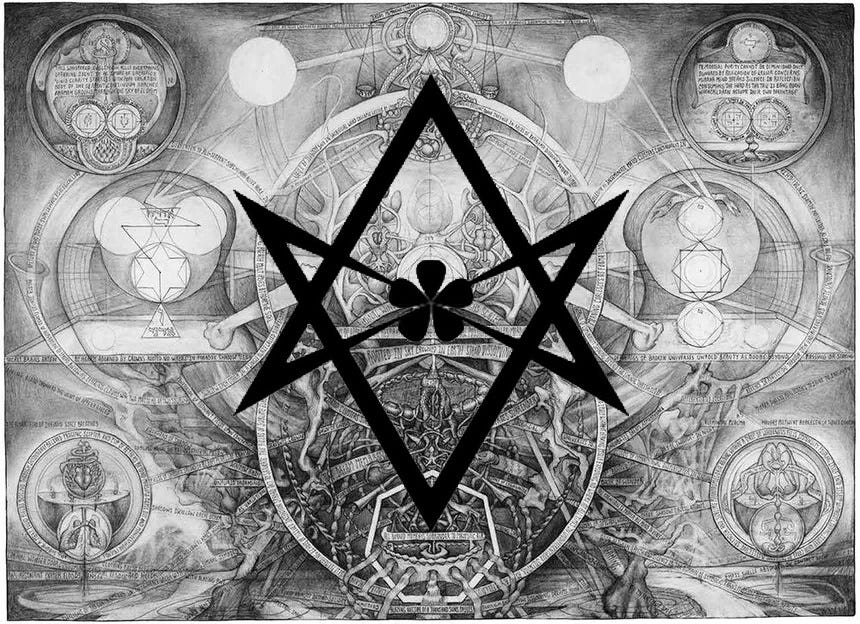I. The Evolving Will
A cat makes no promises. It can’t.
A promise is a spell. A promise implies privileging certain emotions, attentions & symbolic expressions that purport to determine the future. To be capable of promises is very unnatural.
In order to intend beyond the visceral potency of immediate organismic needs, an animal must be equipped with a highly consistent inner map of the present, various potential futures, and the unfolding trends of change mediating between these imagined temporal worlds.
The beast must able to conceive, communicate, and remember in order to utilize a consistent inner map of itself as a unique symbolic center of affect, causality & purposeful attention. And not even that is enough. Such animals must also be accustomed, by practice and heredity, to put energy into unnatural self-control by refusing many of its normal interests and impulses.
This capacity — seemingly rare in Nature — to select future outcomes, and then to exert effort to modulate both inner and outer life in alignment with that determination, is “the Will.”
Creatures who fancy themselves to possess “willpower” are ridiculous, beautiful & peculiar. They imagine a different quality within themselves. As Nietzsche writes, in the second essay of The Genealogy of Morals, those few apes who slowly and painfully accumulate this capacity (to be both the master & servant of themselves) start to feel legendary — like demigods, or the beginning of a new species. They can value and coordinate themselves more intensely. They become intoxicated with the possibility of being determiners of futures, makers of promises, and magically purposeful agents.
Yet, despite the unlimited future of a species that reorganizes its self-image around the art of intention, we are often blind to the Will. We do not map it clearly enough or often enough to draw conclusions. We ignore its role in daily affairs.
Consider how astonishing it is that you can simply get up and go to the bathroom.
In many cases, you easily “decide” and then the whole process “manifests.” A review of your autobiographical memory reveals that this was not always the case. At some point, by some process, your will gained this power. How? What steps are involved? What goes on phenomenologically in countless trivial but successful examples of intending and manifesting?
Xagick requires close attention to the trivial and occluded aspects of intention and manifestation. Put aside everything you have heard about folk magic and ceremonial spellcasting. Start making more personal investigations into the process of “having an idea” and “then it happens.”
PRAXIS - Spend ten minutes mindfully observing how many items in your immediate perceptual field began as a person’s idea or intention. By re-mapping our perceptual field in this manner, we reveal the imaginal patterns of will-based causality. This, reciprocally, begins to re-generate ourselves as agents belonging to such a universe.
Keep reading with a 7-day free trial
Subscribe to * Xagick * to keep reading this post and get 7 days of free access to the full post archives.



